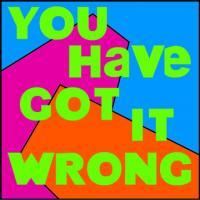
The road to chess improvement - falsification!
You're playing a chess game and it's your turn to move. You decide to analyse a move that looks like it could be good. How do you decide if your instinct is right or not?
You can either look for evidence to back up your idea - or you can look for ways to refute it. This scientific paper (pdf file) suggests that good chess players pick the latter approach.
This seems to be common sense to be, but I suspect I'm guilty of trying to do the former more often than I'd care to admit. I find a move I like the look of, and then find some replies from my opponent that simply fall in with my plans. Instead, I should be looking for a killer reply which blows my idea out of the water.
This approach is technically called falsification. The proposition that I am attempting to falsify is that my move is a good one. If I can find just one reply which makes it a bad idea, then I know to try something else.
The other (incorrect) approach is to seek confirmation that the move is a good idea. This is weaker because no matter how many good variations you find that start with that move, it only takes one bad one - which your opponent may find - to make it a bad move.
Humans eh? So illogical. No wonder computers are taking over...